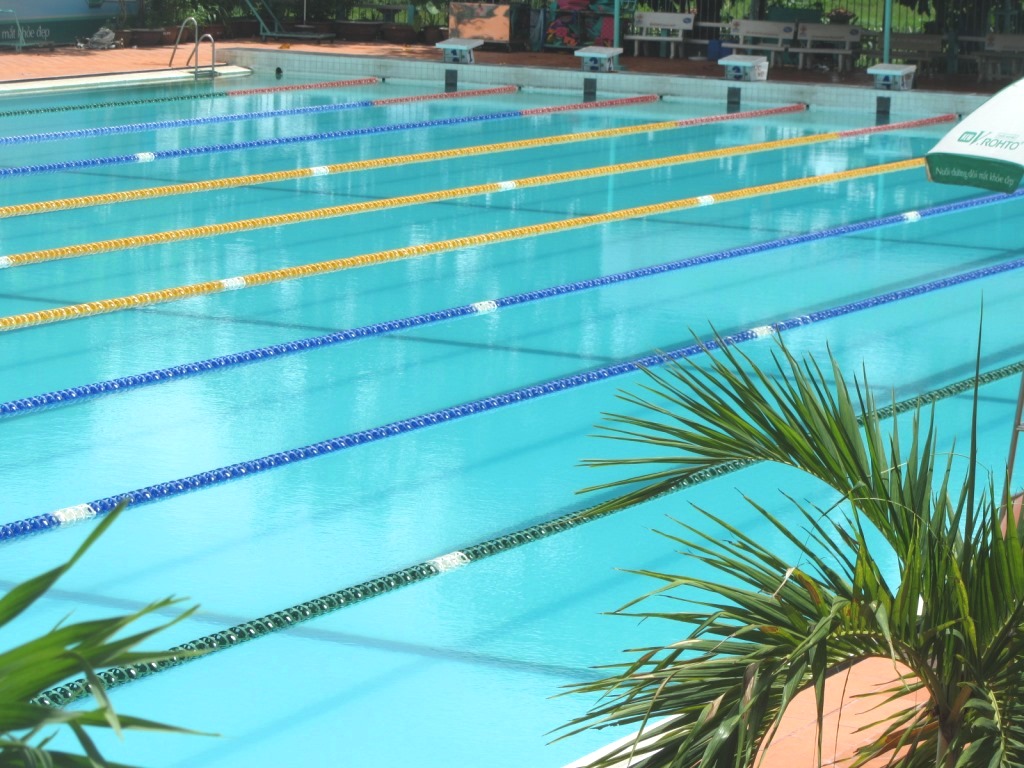“We are what we eat” – even in ancient Greece, people understood that nutrition largely determines the health and well-being of a person. To paraphrase this statement with the language of swimming, we can say: “How we eat, so we sail.” There is no doubt: what you eat, when you eat, how much you eat – all this is of great importance for the results in sports. Swimming is no exception. A lot has already been said about nutrition and various diets.

This article will help you to systematize knowledge about nutrition and understand how it is better to eat a swimmer.
1. Vitamins and minerals.
Today the market has thousands of different tablets and medicines containing in vitamins and minerals. Of these thousands, only a few shows at least half of the results that they promise. In fact, no studies confirm the direct positive effect of vitamins and minerals on athletic performance. But there is an indirect effect. During an active physical activity, we have reduced immunity. Vitamin C, zinc and echinacea can help an actively trained swimmer to maintain immunity at a high level, which will avoid unnecessary diseases that may for some time distract you from the training process.
2. Sports drinks.
Also today, you can find more than a hundred sports drinks, Promising to fill you with incredible power. Some of them are a great way to replenish the energy reserves immediately after training. The rest are not more than a competent marketing move, ordinary soft drinks containing a lot of sugar and little useful for sports. Develop the habit of peeking under the marketing curtain, or rather – on the bottle label. Especially, in the section where the composition is indicated. If the total amount of sugar in the drink exceeds 10%, then you can safely look for another option. If you did not find anything suitable, do not get discouraged. Simple water is also an excellent choice for restoring the water balance in the body.
3. Restorative nutrition: our time is everything!
But the topic “how food can help recover after a load” has been done a lot of research. As a result, it was concluded that protein intake in combination with carbohydrates immediately after training or swimming is a great way to recover. An excellent idea for recovery will be to eat immediately after training products with a high glycemic index, with a carbohydrate content of 15 to 50 grams and proteins from 10 to 20 grams. One of the possible combinations is a sports drink, a fruit and a protein bar or a little protein cocktail. The most important factor is time. Eat food or sports nutrition immediately after training! The sooner after training, you can assimilate the resulting protein and carbohydrates, the better. Another important point: moving to a new food system, try it during training, a few weeks before the competition. Never change the power supply system before the competition!
4. Before the swim.
Here are a few principles that must be adhered to during meals before the swim:
1) Light food: fruits, yogurts, light grains, cereals (oatmeal, for example)
2) Food should be energized: use light, healthy, fresh food that will make you feel full of energy.
3) Small portions: do not clog your stomach! Portions should be small, light, after eating there should be a slight feeling of hunger.
4) Simple food: Avoid fried foods, fatty and processed foods. Keep your diet simple, fresh and easy.
The best swimmers love to feel light on the day of the swim. Avoid heavy meals and full plates. The towers of pancakes and buckets of fried bacon can be very tasty, but they will not help you swim faster. Remember: the digestion of heavy food, the body spends precious effort and energy, which you may not be enough during the swim.
5 After the swim.
The emphasis in your nutrition after the swim should be put on restoring the body! Develop the habit of following the following principles when consuming food after a swim: recovery and preparation for the next swim.
In from an example of a nutrition strategy during a competition:
1) swim
2) take a bottle with a sports drink
3) drink a drink during a swim discussion with the trainer
4) Take a protein bar and eat 25% of it
5) drink water or a sports drink
6) float a little at a slow, relaxing pace
7) some more sports drink
6. Rehydration.
Your body not only floats in the water … It is essentially water. Water is one of the most significant, yet undervalued elements of a swimmer’s diet. Conduct such a simple experiment: weighed before training and immediately after it. Compare the results obtained. The difference is the water you have lost. Water is an essential element for many processes in the body that allow you to swim faster – producing energy, breathing, circulation, and sweating. Even if you lose 2% of your weight in the form of water, you will already have much more difficulty retaining strength, speed, and correct technique.Drink regularly before, during and after training and – it really matters a lot. Drink preferably often but in small portions.
7 Magic diets with high protein content,
It promises to make you an outstanding swimmer. There are no such! Do not pay attention to such nonsense, there are no shortcuts.
8. Caffeine.
Caffeine has received a lot of attention recently, especially after it was removed from the list of banned substances included in doping. Since that time, many high-level athletes have admitted that they took caffeine to improve performance. Did this really help? Hardly. If you like to drink a cup of coffee periodically, drink to your health, but do not hope that this very cup will help you improve your technique, strength or endurance – only training can do it!
9. Eat what you use is the most important principle.
The most important principle in sports nutrition – eat what you spend. During high loads, the body uses glycogen (a form of glucose, which the body stores), since this is the most effective “fuel”. Nutrition with lots of quality carbohydrates can help restore these stocks. At the same time, when you consume too much carbohydrate, when you do not need them, they are stored in the body as fat. Excess weight is unlikely to make you faster. In general, carbohydrates should account for 65-75% of your diet. When you train intensively, go to the bar at 75%, when you rest or recover, you should limit 65%. Your load should match your diet.
10. Have fun eating!
Do not get too hung up on the “nutrition of this athlete,” denying yourself all the food that you love. In our time, food is not only the restoration of body reserves. Meals also carry a social function when you can relax and spend time with family and friends. Watch for proper nutrition: for the balance of carbohydrates and proteins, for fat, eat less sugar and salt, drink more water, but … if a slice of pizza on Friday evening with friends will bring much more pleasure than harm, why refuse it? Try to eat most of the time right, but sometimes still allow yourself to be just a person – it’s damn nice.
